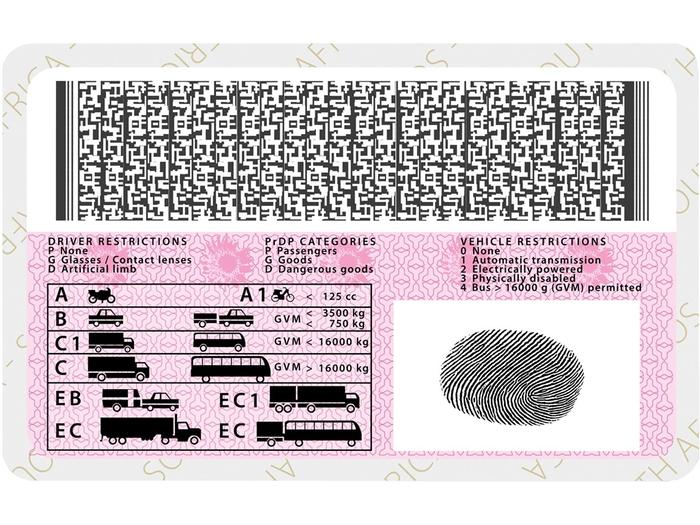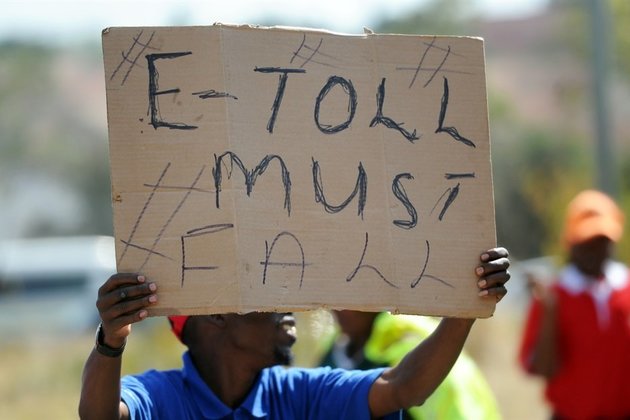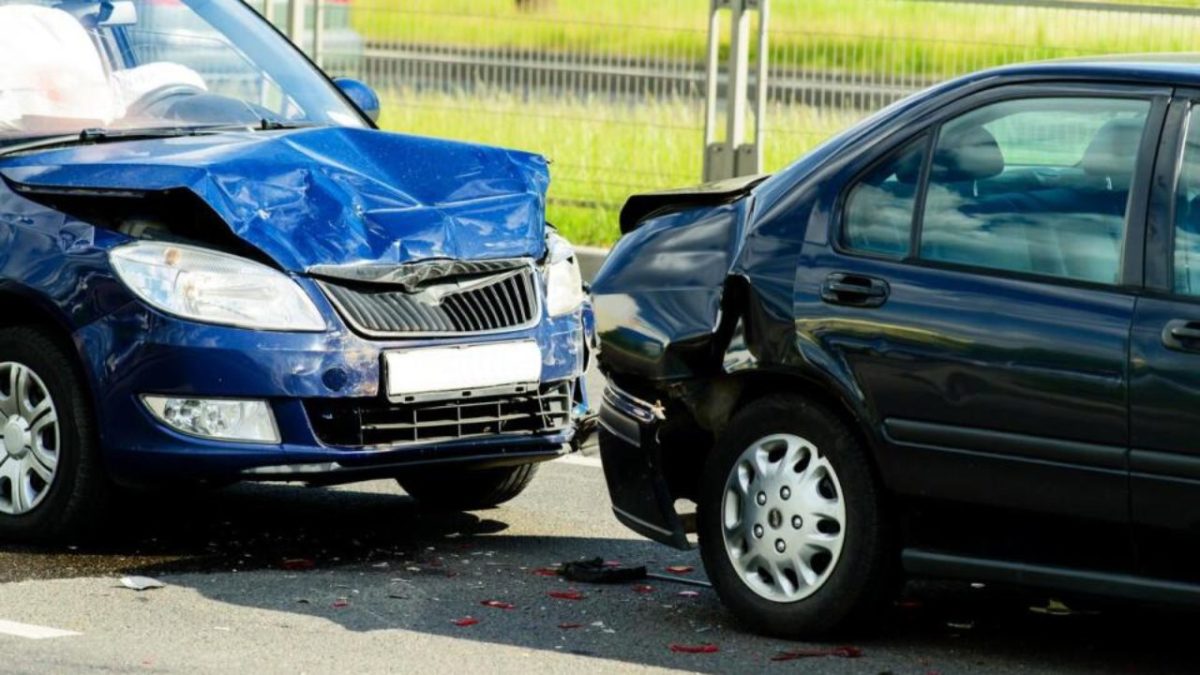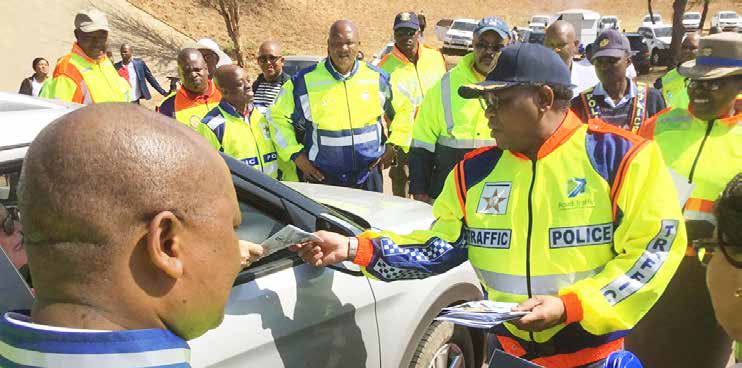AARTO: We Answer Your Questions About The Basics
What is AARTO?
It is a law which creates an administrative process for handling less serious traffic violations which were previously handled by the criminal justice system. It also introduces the concept of demerit points to deter habitual infringers.
How are traffic violations treated by AARTO?
AARTO divides traffic violations into two categories: infringements, which are less serious violations, and offences, which are more serious (such as reckless driving and drunken driving). The majority of traffic violations will be regarded as infringements.
Schedule 3 to the AARTO Act shows which violations are regarded as infringements or offences. Offences are not handled administratively and require an appearance in court.

Who administers AARTO?
The AARTO Act creates the Road Traffic Infringement Agency (RTIA – soon to become the Road Traffic Infringement Authority) which will administer the Act.
Who falls under AARTO?
All road users, meaning private individuals, companies which own vehicles which don’t require an operator card (juristic persons), and companies which own vehicles which do require an operator card (operators).

How does AARTO handle infringements?
Infringements require the payment of a fine, which may initially be paid at a discount of 50%. If the fine remains unpaid after 32 days, the full fine is payable, and the motorist will be liable for the additional cost of a courtesy letter reminding them of the infringement notice.
What if I completely ignore a fine?
If a fine remains unpaid for a further 32 days after a courtesy letter was issued, an enforcement order is issued. Under AARTO, unpaid fines do not proceed to summons and a court appearance.
What happens if I have an enforcement order issued against me?
An enforcement order comes with extra costs, and numerous licensing transactions will be blocked. For instance, you will be able to pay and renew your vehicle licence, but the authorities will not issue a licence disc.
How are the fine values determined?
Schedule 3 to the AARTO Act lists the relevant sections of the National Road Traffic Act, the charge code, demerit points and penalty units applicable to each traffic violation.
A penalty unit is R100, so a charge with five penalty units would carry a fine of R500.

The AA has requested the Department of Transport to review Schedule 3 in its entirety, since some trivial infringements unrelated to road safety (like not notifying the authorities of change of residential address within 14 days) carry a massive fine of R3000, while a serious violation like blinding oncoming traffic with one’s bright headlights has a fine of just R1500, despite the safety risk.
I can’t afford the fine. What should I do?
If you have exhausted the processes for contesting the fine, you can request to pay it in instalments over six months, in which case you will forfeit the discount.
What else will I have to pay?
A new fee of R100, the Infringement Penalty Levy (IPL), has been introduced, per infringement notice, although this amount may be increased by Ministerial regulation at any time.
What if I wasn’t driving my car at the time?
You can notify the authorities to redirect the infringement notice to the correct person. This is known as nomination. If you don’t know who was driving the car, you will be liable as the owner.

What if I dispute the infringement notice?
You can make a representation listing your objections, and the infringement notice will be reviewed for correctness and legality.
Can an enforcement order only be issued against an individual?
No. Enforcement orders can be issued against operators and juristic persons too.
What if I’m not satisfied with the outcome of the representation process?
You can approach the Appeals Tribunal to review your case.

What if I dispute the Appeals Tribunal funding?
You can approach a Magistrate’s Court to have it reviewed, but be aware: the new amendments to the AARTO Act do not adequately outline the process for taking an infringement notice into the criminal justice system.
As things currently stand, an enforcement order is not suspended while legal processes take place, meaning that a motorist who chooses to appeal their case to the Constitutional Court (the highest court in South Africa) would be blocked from many e-Natis transactions for as long as the case takes to conclude.
This is at odds with the general rule that an appeal to a higher court automatically suspends an order or sentence after judgment until the appeals process is exhausted or the order or sentence is overturned.

What are demerit points?
Demerit points are an additional penalty to deter motorists from habitually committing traffic violations. Not all infringements attract demerit points.
How many points can I incur, and what happens if I go over the limit?
Your driving licence is suspended for three months for each point in excess of 15 (6 for a learner driver).
Do demerit points fall away?
Yes. For each three months in which you do not commit an infringement, one demerit point is removed. A driver with 15 demerit points against their licence will take almost four years to return to a clean licence if they do not commit any more infringements.
A driver who attends a rehabilitation programme (yet to be defined by the RTIA) may have their points reduced by four upon successful completion.

Do demerit points only apply to private individuals?
No. They also apply to fleets of vehicles which are required to have operator cards, and to juristic persons, meaning an entity like a company or trust which owns a vehicle. In such cases, the demerit points are incurred against the vehicle’s operator card or licence disc, as may be the case.
If a vehicle’s operator card or licence disc passes the 15-point maximum, it may no longer be driven on public roads. The sale or scrapping of a vehicle does not remove demerit points – they are automatically allocated to the next vehicle the operator or juristic person acquires, potentially leaving companies in a position where they have purchased a brand-new vehicle but cannot legally use it.
Demerit points are removed at the rate of one every three months from operator cards and licence discs of vehicles owned by juristic persons, presuming no further infringements are committed.
Small businesses and Corporate South Africa alike should take careful note of the above – poor driving standards by staff will lead to serious fleet management impacts.

Will AARTO be a problem for companies which don’t own any vehicles?
On the face of it, no. But if anyone incurs too many demerit points, they will be barred from driving until enough points fall away.
This will affect the ability of staff who are required to drive their private cars on business to do their jobs. AARTO does not distinguish between demerit points incurred in private time and those incurred while driving on company business, so companies whose staff drive on business are exposed to risk from poor driving standards, even if infringements occur in a staffer’s private time.
Any company which has staff who drive on company business should have a plan to manage AARTO, including monitoring and reporting of staff demerit points, and implementing driving standards improvement programmes.

How will AARTO impact on e-tolls in Gauteng?
The Minister of Transport has indicated that, in light of serious concerns raised about e-tolls in the province, Cabinet will announce a decision on the future of the system going forward. It’s unclear when that announcement will be made. Until then, it’s not certain how AARTO will impact on the non-payment of e-tolls in Gauteng.
Source: AASA





